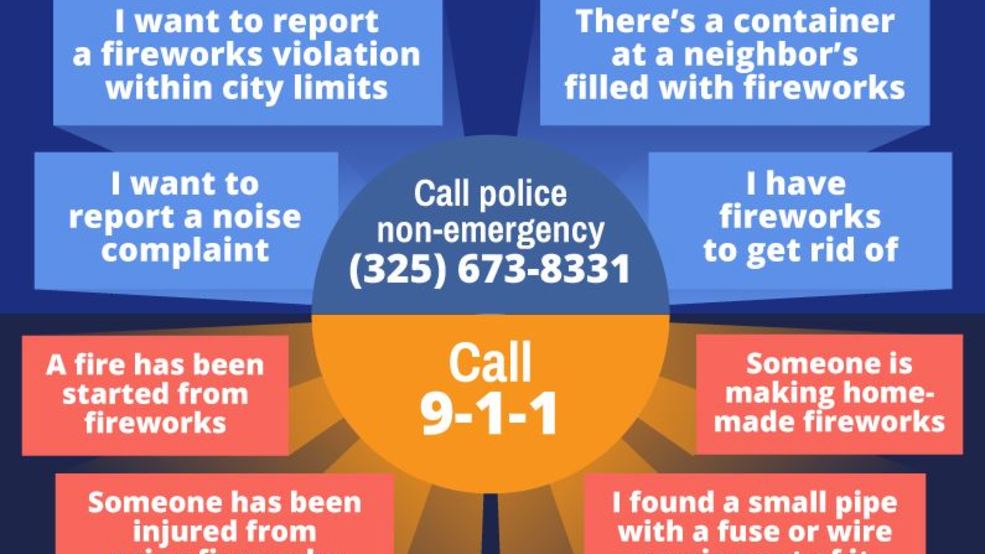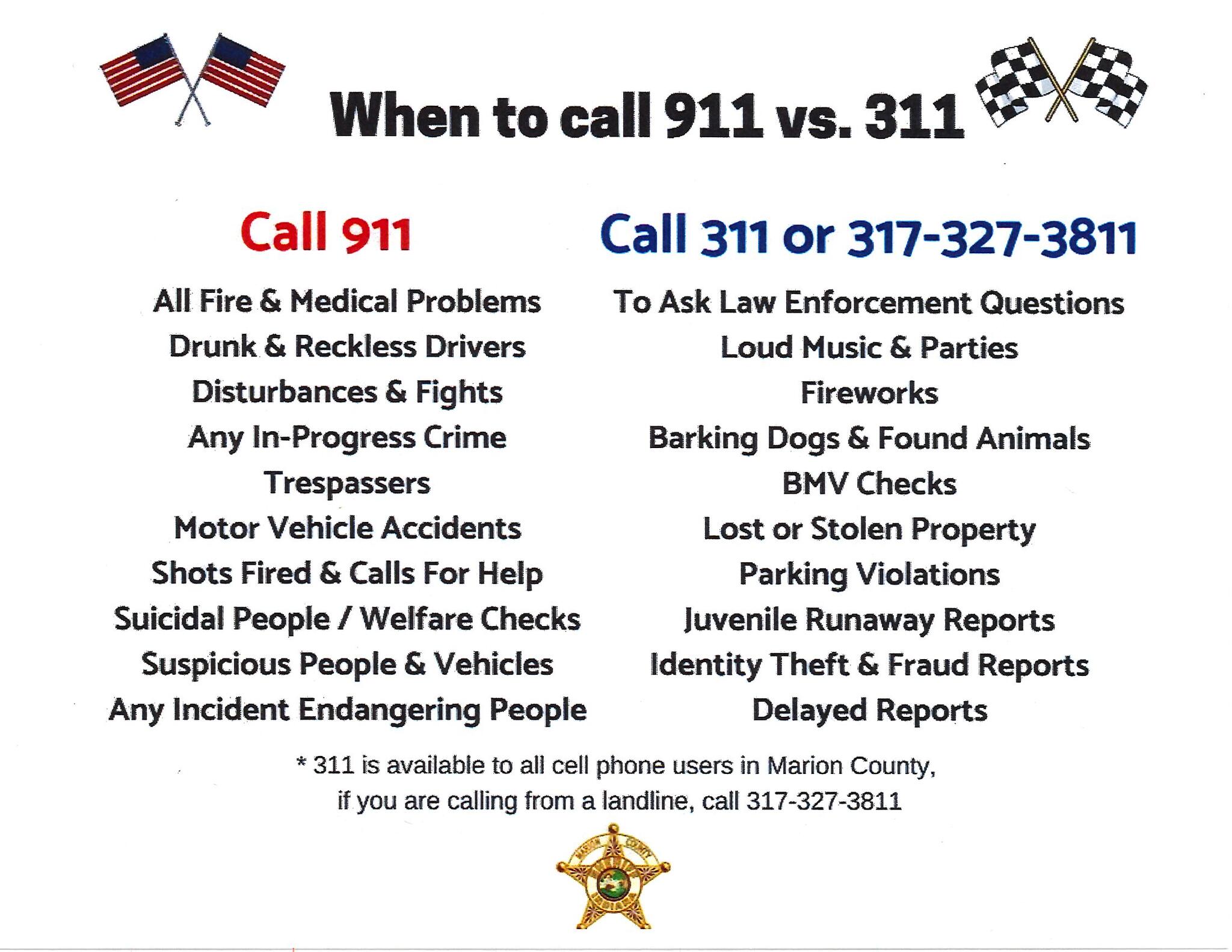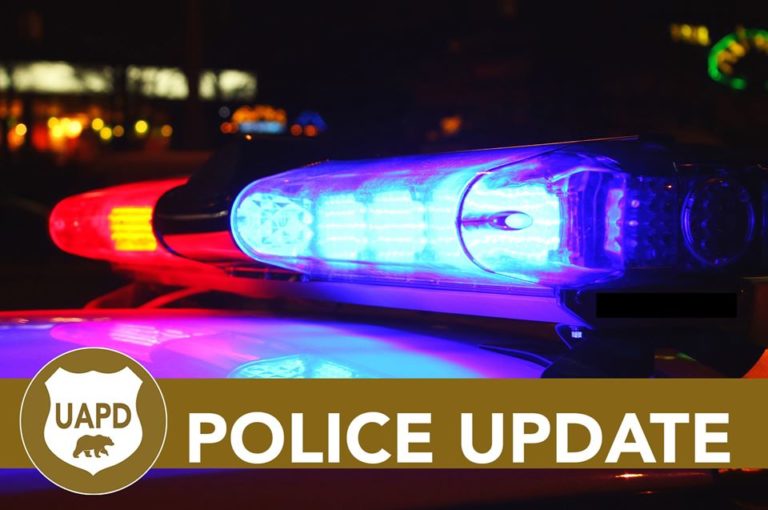Charlottesville Police Non-Emergency Number: Your Go-To Guide For Safety And Assistance
Let’s face it, folks—life can get unpredictable sometimes, and knowing the right resources to call on can make all the difference. If you're in Charlottesville, Virginia, and need assistance but it’s not an emergency, the Charlottesville Police Non-Emergency Number is your ticket to quick, reliable help. Whether it’s about a noise complaint, a lost pet, or a minor traffic issue, this number has got your back.
Nowadays, people often get confused about which number to dial when they’re faced with a situation that’s not life-threatening. Emergency lines are for critical situations, but what about those everyday hiccups that still need attention? That’s where the non-emergency number comes into play. It’s like having a friendly neighbor who’s always ready to lend a hand—except this neighbor’s actually the police department.
As we dive deeper into this guide, we’ll break down everything you need to know about the Charlottesville Police Non-Emergency Number. From when to use it, how it works, to some helpful tips, we’ve got all the details covered. So, buckle up and let’s make sure you’re prepared for whatever comes your way!
Read also:Unveiling The Triune Of Texas Bjj A Deep Dive Into The Art Culture And Community
Understanding the Charlottesville Police Non-Emergency Number
Alrighty, let’s get into the nitty-gritty of the Charlottesville Police Non-Emergency Number. This line is specifically designed for situations that don’t require an immediate response from emergency services. Think of it as the calm cousin of 911—still professional, still helpful, but a bit more laid-back.
When you call the non-emergency number, you’ll be connected to trained dispatchers who can assist with a wide range of issues. These dispatchers are equipped to handle everything from minor disturbances to reporting non-urgent crimes. Plus, they’re super knowledgeable about the area, so they can provide guidance based on your specific location in Charlottesville.
Here’s a quick rundown of what makes the non-emergency number so important:
- Handles non-life-threatening situations
- Reduces the burden on emergency services
- Provides faster responses for minor issues
- Connects you directly to local law enforcement
When Should You Call the Charlottesville Police Non-Emergency Number?
Let’s talk about when it’s appropriate to use this number. It’s not for emergencies, so put that out there right now. But there’s a whole host of scenarios where this line can be super useful. For instance:
- Noise complaints from neighbors
- Lost or stolen property reports
- Minor traffic accidents without injuries
- Animal-related issues
- General inquiries about police services
Calling the non-emergency number for these types of situations ensures that emergency lines remain open for true crises. Plus, you’re likely to get a quicker response since these calls aren’t competing with life-or-death situations.
How to Use the Charlottesville Police Non-Emergency Number
Using the Charlottesville Police Non-Emergency Number is pretty straightforward, but there are a few things to keep in mind to make the process smoother. First things first, have all the relevant details ready before you dial. This includes the location, time, and nature of the issue. The more info you can provide, the better the dispatchers can assist you.
Read also:Out Of The Closet Columbus Exploring Lgbtq Life In Columbus Oh
When you reach a dispatcher, be clear and concise about your situation. Avoid rambling—stick to the facts. If you’re reporting a crime, for example, let them know exactly what happened, where it occurred, and any suspects involved. Dispatchers are trained to ask follow-up questions if they need more information, so don’t worry if you forget something.
Common Scenarios and How to Handle Them
Let’s break down some common scenarios where you might need to use the non-emergency number:
- Noise Complaints: If your neighbor’s party is going a little too wild, call the non-emergency line and provide the address. Dispatchers will send someone to check it out.
- Lost Pets: If your furry friend goes missing, give the department a ring. They might have received reports of sightings or even picked up your pet.
- Minor Traffic Accidents: If you’re involved in a fender bender with no injuries, the non-emergency line is the way to go. They’ll send an officer to file a report.
Remember, the key here is to stay calm and provide as much detail as possible. Dispatchers are pros at handling these types of calls, so trust the process.
The Importance of Non-Emergency Numbers
Non-emergency numbers like the one in Charlottesville play a crucial role in maintaining public safety. By diverting non-critical calls away from emergency lines, they help ensure that 911 remains available for true emergencies. This not only improves response times for life-threatening situations but also ensures that minor issues get the attention they deserve.
Moreover, having a dedicated non-emergency line allows law enforcement to better allocate their resources. Officers can focus on patrol duties while dispatchers handle routine inquiries, creating a more efficient system overall. It’s a win-win for everyone involved!
Statistics on Non-Emergency Calls
Did you know that a significant portion of 911 calls are actually for non-emergency situations? According to data from the National Emergency Number Association (NENA), up to 70% of 911 calls don’t require an emergency response. By using non-emergency numbers, communities can drastically reduce this misuse of resources.
Here are some stats to consider:
- Approximately 240 million 911 calls are made annually in the U.S.
- Up to 70% of these calls could be handled by non-emergency lines.
- Using non-emergency numbers can reduce response times by up to 30%.
These numbers highlight just how impactful proper use of non-emergency lines can be. It’s not just about convenience—it’s about making the entire system work better for everyone.
Charlottesville Police Department Overview
Before we dive further into the non-emergency number, let’s take a moment to appreciate the folks behind it—the Charlottesville Police Department. Established to serve and protect the community, this department is committed to maintaining safety and order in the area.
With a team of dedicated officers and staff, the Charlottesville PD works tirelessly to address both major and minor issues affecting residents. From community outreach programs to advanced crime-fighting technologies, they’re always striving to improve their services.
Biography of Key Personnel
Meet some of the key personnel at the Charlottesville Police Department:
| Name | Position | Contact Info |
|---|---|---|
| Chief Mark K. Marshall | Police Chief | (434) 970-3270 |
| Lt. David A. Smith | Public Information Officer | (434) 970-3280 |
These individuals are at the forefront of ensuring that the department runs smoothly and efficiently. Their leadership and dedication are what make the Charlottesville PD such a trusted resource for the community.
Tips for Effective Communication
Communicating effectively with dispatchers is key to getting the help you need. Here are a few tips to make your calls as productive as possible:
- Stay calm and speak clearly
- Provide accurate and detailed information
- Follow the dispatcher’s instructions
- Be patient and respectful
Remember, dispatchers are there to help you, so maintaining a positive attitude goes a long way. Plus, they’re dealing with a lot of calls, so being polite and cooperative can make their jobs easier too.
Common Mistakes to Avoid
While most people handle non-emergency calls just fine, there are a few common mistakes to watch out for:
- Calling 911 for non-emergency situations
- Not providing enough information
- Arguing with dispatchers
- Hanging up prematurely
Avoiding these pitfalls can ensure that your call is resolved quickly and efficiently. Dispatchers are trained professionals, so trust their judgment and follow their lead.
Community Resources and Support
Charlottesville is fortunate to have a wealth of community resources to support residents. In addition to the police department, there are several organizations and programs dedicated to enhancing public safety and well-being.
For example, the Charlottesville Crime Stoppers program encourages community involvement in reporting crimes. By offering rewards for anonymous tips, they incentivize residents to help solve cases and prevent criminal activity. There are also neighborhood watch groups that work closely with the police to keep an eye on local happenings.
How You Can Get Involved
If you’re interested in contributing to community safety, there are plenty of ways to get involved:
- Join a neighborhood watch group
- Volunteer with local law enforcement initiatives
- Participate in community events and forums
- Stay informed about local safety measures
Your involvement can make a big difference in creating a safer, more connected community. Plus, it’s a great way to meet like-minded individuals who share your passion for public safety.
Conclusion
And there you have it, folks—a comprehensive guide to the Charlottesville Police Non-Emergency Number. Whether you’re dealing with a noisy neighbor, a lost pet, or a minor traffic accident, this number is your go-to resource for non-emergency situations.
By using the non-emergency line responsibly, you’re helping to ensure that emergency services remain available for those who truly need them. It’s a small action that can have a big impact on the overall safety and efficiency of the community.
So, what are you waiting for? Bookmark that number, share this article with your friends and family, and let’s all do our part to keep Charlottesville safe and sound. And hey, if you’ve got any questions or feedback, drop a comment below—we’d love to hear from you!
Table of Contents
- Understanding the Charlottesville Police Non-Emergency Number
- When Should You Call the Charlottesville Police Non-Emergency Number?
- How to Use the Charlottesville Police Non-Emergency Number
- Common Scenarios and How to Handle Them
- The Importance of Non-Emergency Numbers
- Statistics on Non-Emergency Calls
- Charlottesville Police Department Overview
- Tips for Effective Communication
- Community Resources and Support
- Conclusion
Article Recommendations


